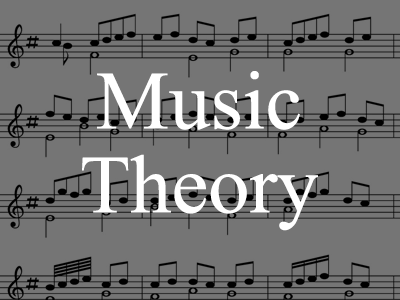Western Music Theory Exam

The Musicea Arts and Culture Council offers a comprehensive Music Theory qualification designed to support structured music education across all learning levels. The syllabus provides educators with a clear, progressive framework that complements both individual and group instruction, making it an ideal addition to school music programs and private teaching studios.
The curriculum is divided into three developmental stages:
- Beginner: Foundation followed by Grades 1-3
- Intermediate: Grades 4-5
- Advanced: Grades 6-8
Intermediate Theory: Strengthening Music Literacy
The Intermediate level (Grades 4-5) serves as a critical benchmark for developing music literacy. At this stage, students are expected to move beyond basic recognition of musical symbols and begin interpreting, analysing, and applying theoretical knowledge to their performance and creative work.
The curriculum fosters an understanding of how musical elements interact - supporting practical musicianship, arrangement, and composition. Music Theory at this level helps learners think analytically about music, while strengthening their ability to communicate within the shared language of notation and terminology.
Educators will find this level particularly useful in preparing students for higher-level music study and standardized music exams. Completion of Grade 5 Music Theory, in conjunction with Grade 5 Practical (in any discipline), is a key stepping stone in a well-rounded music education, reinforcing core skills essential for musical fluency.

